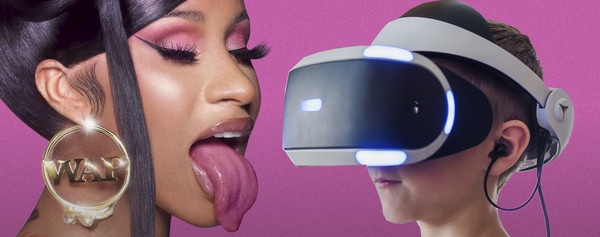The latest chapter in the life and times of Napster.

Twenty-one years ago, computer developers Shawn Fanning and Sean Parker released “Napster.” Napster was a pioneering, peer-to-peer, file sharing program, which enabled users around the world to share digital audio files in MP3 format via the internet. At first, the software ran only on Windows machines, but in 2000, a Macintosh version called “Macster” was released, which was subsequently bought and absorbed into Napster, making it the cross-platform leader in file-sharing.
Members of the band Metallica became aware of Napster when copies of an unreleased demo of their song “I Disappear” were being played on the radio. They discovered that their entire music back catalog was being shared online for free. In 2000, both Metallica and Dr. Dre sued Napster for copyright infringement. By July 2001, after multiple suits had been filed against them, Napster closed down. In 2002 Napster tried, with the German Company Bertlesmman, to re-launch as a subscription service, with copyright compliance, but in September a judge in America blocked the sale and Napster was forced to liquidate. Roxio bought the brand and turned it into an online music store. Then in 2008, Best Buy bought Napster 2.0 for $121 million, then when Rhapsody rebranded its service as Napster when Best Buy gained a minority share in Rhapsody. Now, on August 25 2020, Napster was acquired by MelodyVR.
If you’ve never heard of MelodyVR – you’re not alone. It’s a U.K. startup who delivers “immersive” live music through smartphones or virtual reality headsets. They paid $70 million in a cash and stock deal that MelodyVR claim to be a “reverse takeover”
In February 2001 Napster peaked with an estimated 26.4 million users so the brand recognition is huge, and an asset in its own right. Napster today has three million registered users and a library of 90 million legally licensed tracks. MelodyVR has two studios, one in London the other in Los Angeles where they can present music perfomances by such artists as Emeli Sandé, The Chainsmokers and Cypress Hill, and is in partnership the Universal Music Group, Sony Music Entertainment, Warner Music Group and Jay Z’s Roc Nation. The company is only two years old, but has profited from the pandemic environment by offering safe and “distanced” music content to their audience.
It’s unlikely that the world would prefer to digest their contemporary music streams in continuous “immersive” environments, but judging by the incredible success of Cardi-B’s release “WAP” – who knows how we’ll absorb music in the future?
# # #
Byline: Conrad Warre from London, England, writes for music publications and plays lead guitar in the Boston-based acid-blues band Bees Deluxe.
